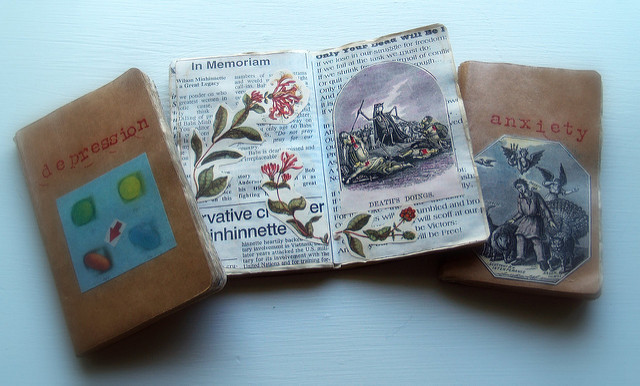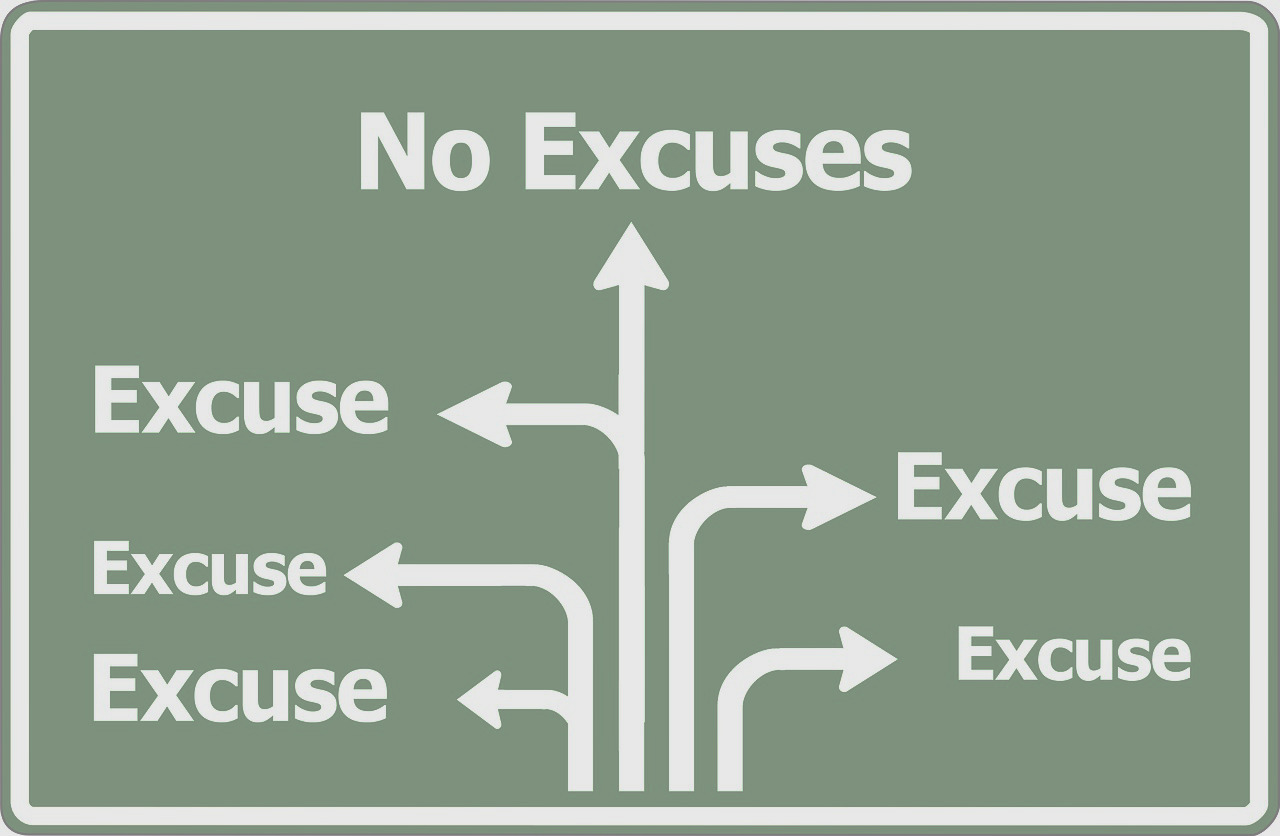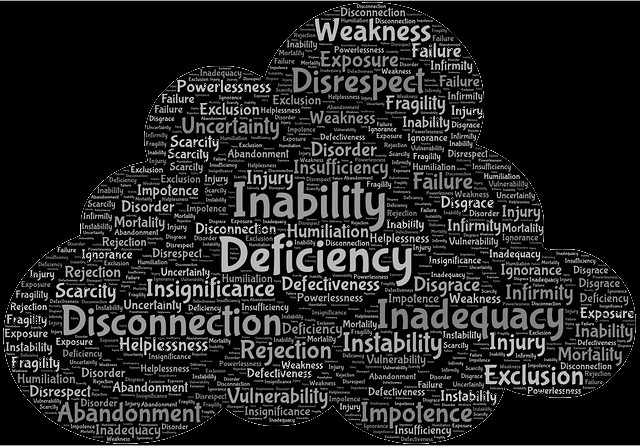
I am very candid about my mental health. In part because it is only when people are willing to discuss it that we, as a culture, can work towards removing the stigma surrounding it. In part because it helps me in my own struggles if I open up about them; I can find support if I only ask.
I am on a pretty even-keel lately with my depression – finally on a dosage of a medication that seems to be working for me. However the anxiety part of this fun chemical playground that is my brain has been acting up of late. My doctor has prescribed a different medication for the anxiety, to be taken as needed, because, unlike the depression, the anxiety isn’t a constant thing – just something that needs to be dealt with when it rears it’s annoying head.
I’m still working on the correct dosage for that, and remembering to carry the anti-anxiety meds every day, and acknowledging when it is time to take them – when it isn’t something that will pass without the medication. But I accept this as part of the process, like learning how to manage the depression was a process, and not just an out-of-the-box answer.
But the most difficult thing I have found about managing my anxiety is talking about it. Not for any fear or associated stigma, but because of language. When people ask me what’s wrong, and I say I’m having a difficult day because of the depression, for the most part people get it. When I say it’s because of anxiety, their next question, 9 times out of 10, is “What are you anxious about?”
Nothing. Not a damn thing. I know that I’m doing okay, and that the sudden hyper-awareness of my heartbeat, and that weird sense of dread that something isn’t right (or that I just need to get away from where I am, STAT) is due to an annoying entity in that chemical playground throwing balls at me that I can’t dodge (I think this metaphor is falling apart, oh well).
And due to the confusion the language causes, I find when I am trying to deal with the anxiety, I am less likely to reach out to my support network, because I don’t want to face that question. Because I don’t have a good answer for it.
I think I may take up the “bad brain day” that Sandra and her family use. It could be a catch-all for both the depression and the anxiety, and remove the dread of that question “What are you worried/anxious about?”



Over the years, I developed the strategy of just telling close friends/family what I needed, skipping right over the explanation of what was wrong. It can feel really direct and pushy at first, but it’s a skill that I’ve found gets easier over time. In my own case, I didn’t even feel safe talking about what was wrong (#Slytherin) and in most situations, too many questions or direct attention can make my brain short-circuit.
It’s okay to need things, and it’s okay to be direct about what you need and what you don’t need. And whatever you need is just fine…even if it seems odd to people. Your support network will understand. I don’t know if hearing that will be helpful to you, but it’s something I wish sometimes I could go back in time and tell my younger self.
Hi I know how you feel really I do! I too get depressed and anxious usually when I’m around authority or people I say have power like a boss or even my parents when i was young. I. Carry around with me when I know I’ll be in. A situation that will make me anxious a picture of Rick and the housing bosses I had and they are all happy and smiling and you know I do get a little less anxious when I’m there. And I don’t worry so much about what I’m saying but the need to keep talking still needs work on. I hope you are okay I love you my friend always!